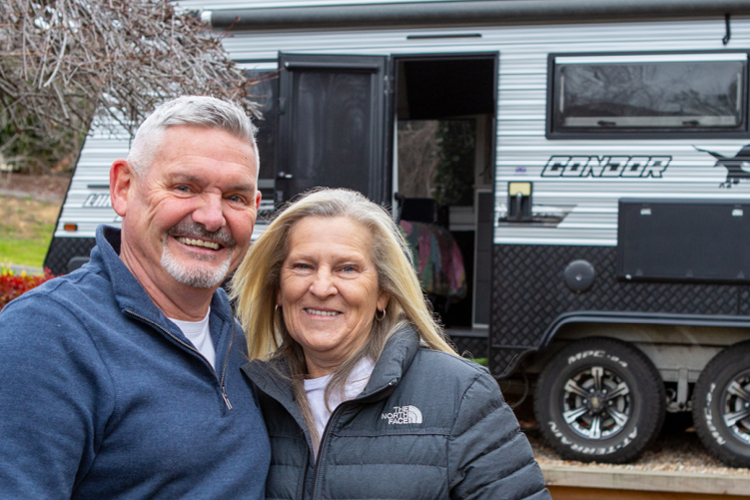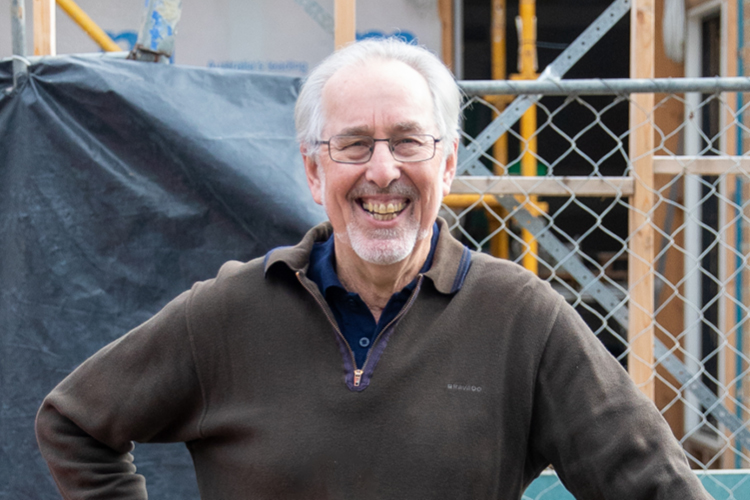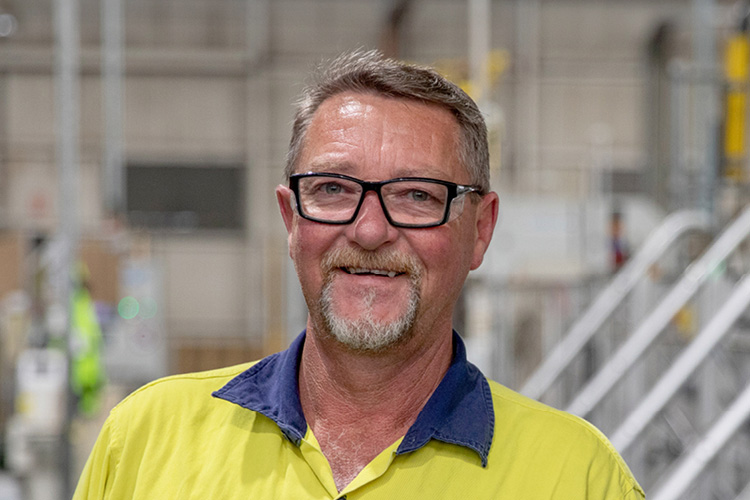Find out if the government Age Pension plus your super will give you enough income in retirement.
Calculate retirement incomeWhat you need for a comfortable or modest lifestyle
| Comfortable lifestyle | Modest lifestyle | Modest lifestyle (renters) |
Age Pension (including supplements) |
|
|---|---|---|---|---|
| Single (per year) | $53,289 | $34,522 | $49,044 | $30,646 |
| Couple combined (per year) | $75,319 | $49,992 | $66,296 | $46,202 |
See what you could get if you rely solely on the Age Pension for retirement income.
Budgets for various households and living standards for those aged 65-84. Both comfortable and modest lifestyle budgets assume retirees own their own home and are relatively healthy. The modest lifestyle (renters) budget assumes retirees are renting. ASFA Retirement Standard as at June quarter 2025 and for illustrative purposes only.
What you could afford with each lifestyle
| Comfortable lifestyle | Modest lifestyle | Modest lifestyle (renters) | Age Pension | |
|---|---|---|---|---|
| Health and insurance | Top level private health insurance, doctor/specialist visits, pharmacy needs | Basic private health insurance, limited gap payments | Basic private health insurance, limited gap payments | No private health insurance |
| Home utilities | Fast reliable NBN, computer and iPhone with good data allowance/streaming services Confidence to use air conditioning in the home, afford all utilities |
Fast reliable NBN, computer and iPhone with good data allowance/streaming services Need to keep a close watch on all utility costs and make sacrifices |
Fast reliable NBN, computer and basic android mobile, modest Internet data allowance Need to keep a close watch on all utility costs and make sacrifices |
Very basic mobile and limited Internet connectivity Limited budget for home heating in winter |
| Transport | Own a reasonable car, car insurance and maintenance/upkeep | Owning a cheaper, older, more basic car | Owning a cheaper, older, more basic car | Limited budget to own, maintain or repair a car |
| Leisure | Regular leisure activities including club membership, cinema visits, exhibitions, dance/yoga classes Occasional restaurant meals, home-delivery meals, take-away coffee |
Infrequent leisure activities, occasional trip to the cinema Limited meals out at inexpensive restaurants, infrequent home-delivery or take-away |
Infrequent leisure activities, occasional trip to the cinema Limited meals out at inexpensive restaurants, infrequent home-delivery or take-away |
Rare trips to the cinema Only local club speical meals or inexpensive take-away |
| Home maintenance | Home repairs, updates and maintenance to kitchen and bathroom appliances over 20 years | Limited budget for home repairs, household appliances | Modest one or two bedroom apartment in a middle to outer ring suburb | Struggle to pay for repairs, such as leaky roofs or major plumbing problem |
| Travel and holidays | Annual domestic trip to visit family, one overseas trip every seven years | Annual domestic trip or a few short breaks | Annual domestic trip or a few short breaks | Occasional short break or day trip in your own city |
For more information, see the ASFA Retirement Standard.
Podcast: Enough to live well
20-minute listen
Find out what ‘enough’ really means and how practical steps can help your super support you:
- Get your retirement needs in check using simple tools, budgeting and a realistic view of your lifestyle
- See how your super and the Age Pension could work together
- Ways to stretch your super through income streams, extra contributions and government support.


Keep your money working for you in retirement
A super income stream can provide regular and tax-effective income, during your final years of work and into retirement. Designed to work with the Age Pension, you can enjoy your retirement with as little as $80,000^ in your super account.

How the Age Pension works
When you receive retirement income from your super, you may still be eligible for the government Age Pension. Find out if you’re eligible and how much you could get.

Retirement spending planner
Work out how long you’ll be able to sustain your current way of life, while still enjoying those little extras in retirement.

Learn more about retirement and super at one of our seminars. They're relaxed and informal so anyone can join. They're provided as part of your Cbus membership.
Topics include retirement planning, the government Age Pension and transition to retirement.
Find a seminar
As part of your Cbus membership, you have access to our financial advisers. They can help you plan your retirement.
We can also refer you to an accredited financial planner. They meet strict professional qualification and service criteria set by Cbus and the Financial Advice Association Australia Limited (FAAA).
The financial planners offer advice on a fee-for-service basis. Any fees are agreed with you in advance. You may be eligible to have these fees taken directly from your Cbus account.
Learn about financial advice^ Estimated total retirement income in year one of $34,926 for someone aged 67, comprising of $4,280 from the Cbus Super Income Stream account and $30,646 from the Government Age Pension. According to ASFA (a super industry expert) June 2025 quarter estimates, a single person needs around $34,552 a year to live a modest lifestyle in retirement (e.g. basic activities). For further information, see ASFA retirement standard: superannuation.asn.au/retirement-standard. The income from the Cbus Super Income Stream and Age Pension is projected to increase by 2.5% pa, to cater for inflation and increase in living standards. The income from the Cbus Super Income Stream is projected to last until age 92. The Government Age Pension entitlement is based on current Centrelink income rates using the following assumptions: Single person, homeowner, $25,000 in personal assets. Account-Based Pension investment return of 5.75% p.a. after fees and taxes. Administration fee of $52, with 0.19% asset-based administration fee. Calculated using the Cbus Retirement Income Estimate Calculator as at 18/9/2025. The amount of income you receive and how long it will last will depend on a range of factors, such as the amount initially invested, your age and investment performance. There is a risk that your pension income may reduce or cease if you draw your income too fast or if investment returns are poor.



